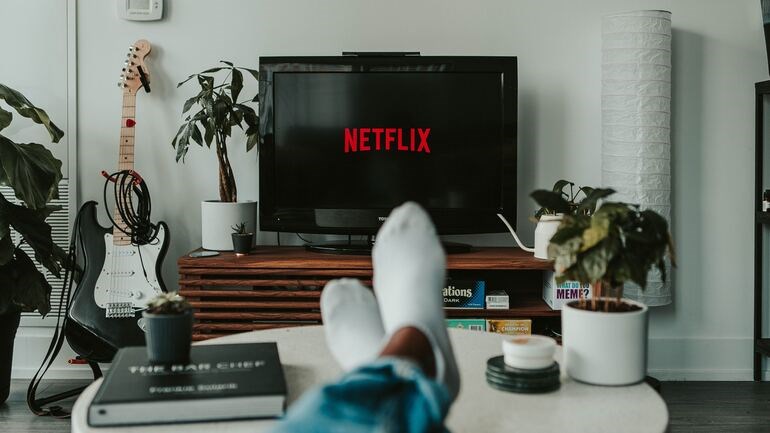We Swedes spend an average of 60% of our waking hours sitting still. The result is, among other things, that the body's energy factories become smaller and the proteins in the muscles decrease. The recipe is to constantly move a little.
This text was previously published in Vetenskap & Hälsa magazine.
Relatively new research shows that a physically active lifestyle and a sedentary lifestyle are not mutually exclusive. Because according to the new findings, it is also important for those who do a lot of sports to reduce sitting time.
– Some people might think that if I exercise for just half an hour five days a week, then I am at home. Then I can be lazy the rest of the time. But it doesn't work that way. Because despite reaching the recommended exercise dose, it's important to minimize sedentary time, says Steven Garland, an exercise physiologist and lecturer at Malmö University, where he teaches students in the exercise science program.
Despite reaching the recommended exercise dose, it is important to reduce sedentary time.
Steven Garland, exercise physiologist and lecturer at Malmö University
New guidelines from the World Health Organization
According to WHO and Public Health Agency guidelines, adults should engage in at least 150-300 minutes of moderate-intensity physical activity or 75-150 minutes of high-intensity physical activity each week. Or an equivalent combination of medium and high intensity.
However, according to Stephen Garland, these guidelines have recently been supplemented with recommendations to “move more, sit less” and “less is better than nothing.”
– Through this addition, we hope to attract a new target group, i.e. those who are not used to going to the gym or exercising in an organized way.
The definition of a sedentary lifestyle is “sitting or lying activities that in the awake state do not significantly increase energy expenditure.” Something that leads to decreased metabolism.
There are above all three systems or functions in the body that are negatively affected by a sedentary lifestyle.
- Mitochondria: Mitochondria are likened to the power plants or energy factories of the cell. You lose these functions and mass, and there is less of them when you sit still.
- Muscle: If the muscles are not stimulated to work, the proteins in the muscles die and are not replaced. Since the heart is also a muscle, it also loses strength.
- Decreased insulin sensitivity: Sitting still affects the production of glucose, fat and cholesterol in the body, thus increasing the risk of low-grade inflammation.
All of this together increases the risk of type 2 diabetes, cardiovascular disease, obesity, and even certain types of cancer.
The heart is also a muscle
Stephen Garland believes that sitting still can be compared to being sick and bedridden.
– For the body, it's basically the same physical position. You lose muscle strength and muscle mass. The heart is also a weakening muscle. The point is that only small movements and activities prevent this decrease in muscle mass. This is what the latest research shows.
Or as English-speaking Stephen Garland says: “If you don't use it, you lose it.”
As suggestions for daily actions, he mentions standing instead of sitting at a desk, taking meetings on foot, taking the train instead of the car or why not just avoid sitting on the bench at the playground and staring at the children.
At the same time, one should not be too pessimistic, because it is possible to see the matter from a different angle, says Stephen Garland.
– I usually say, isn't it amazing that we allow ourselves to live a sedentary lifestyle these days? Where we don't have to work in the fields and ruin our backs when we plow or break stones in the ditches. It still needs to be seen as progress.
Text: Magnus Erlandsson

“Extreme tv maven. Beer fanatic. Friendly bacon fan. Communicator. Wannabe travel expert.”









More Stories
Why Rare Earth Metals for Electric Cars Are Crucial for Modern Mobility
“We want to promote critical rules approach”
“A lot happened during the trip,” Jönköping County Council